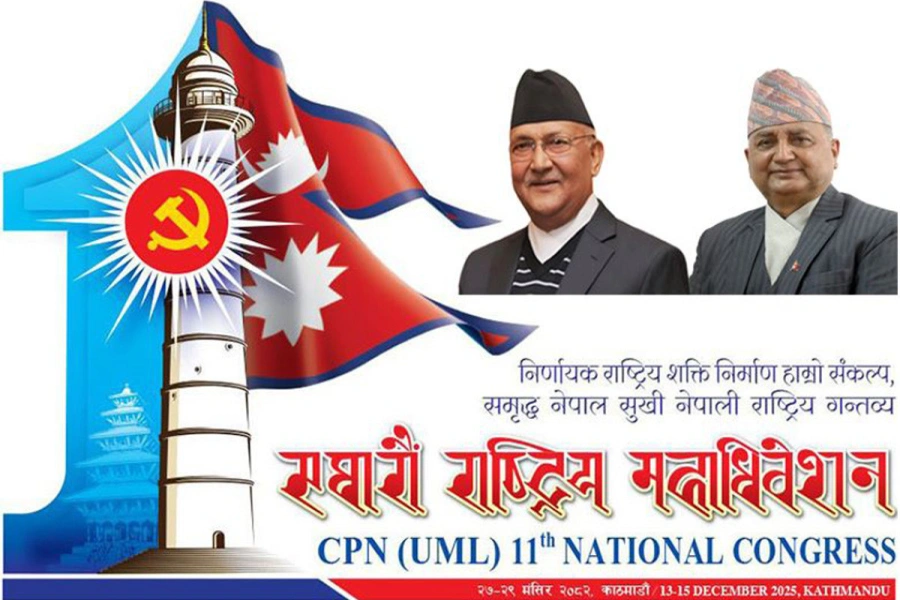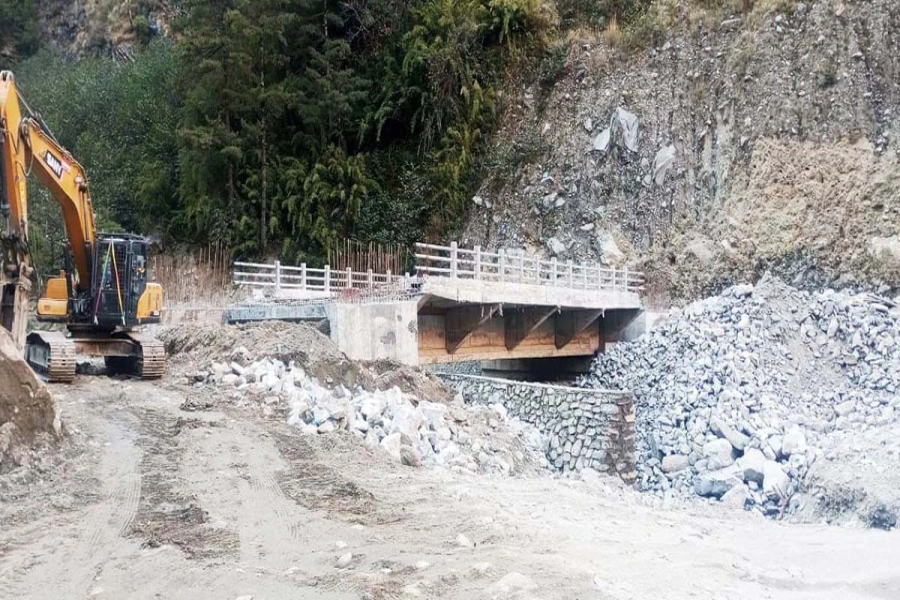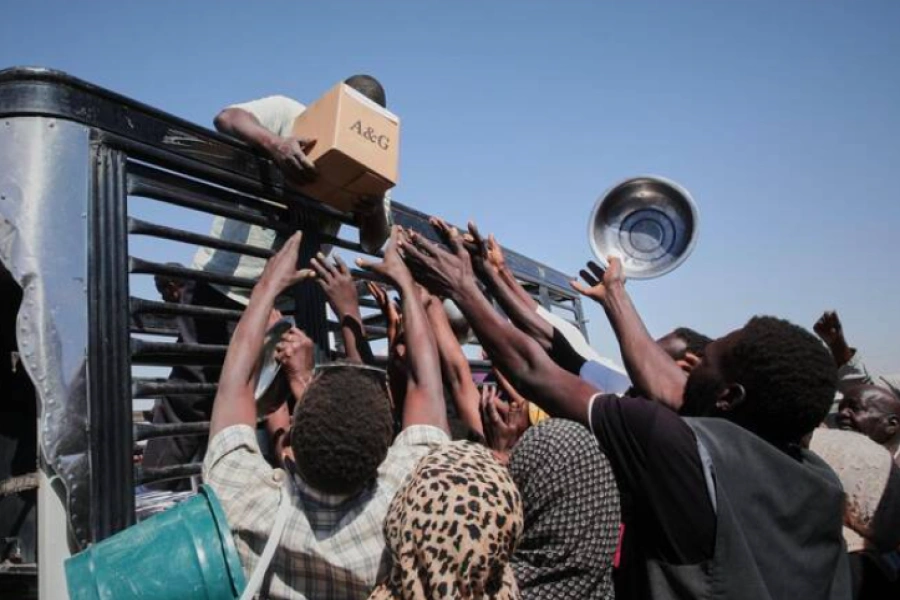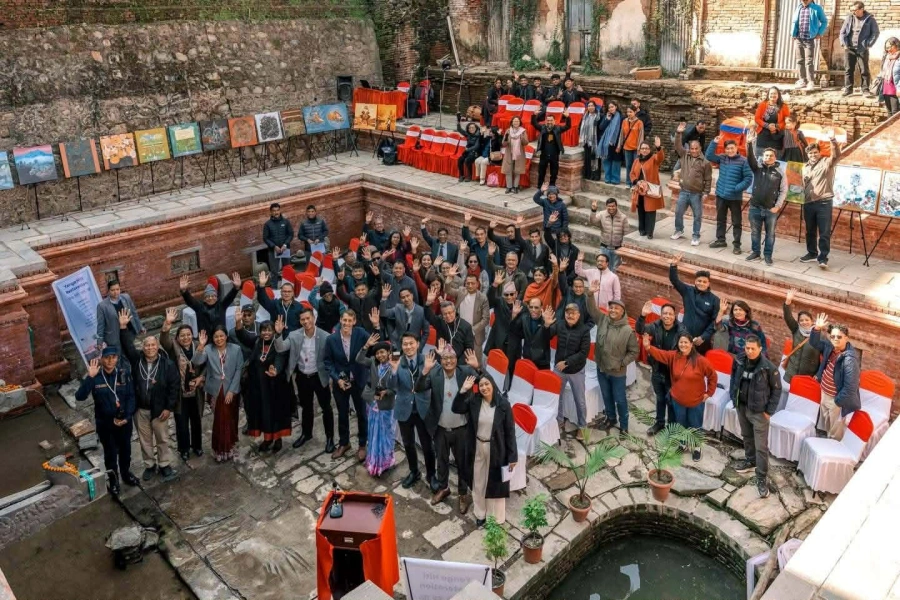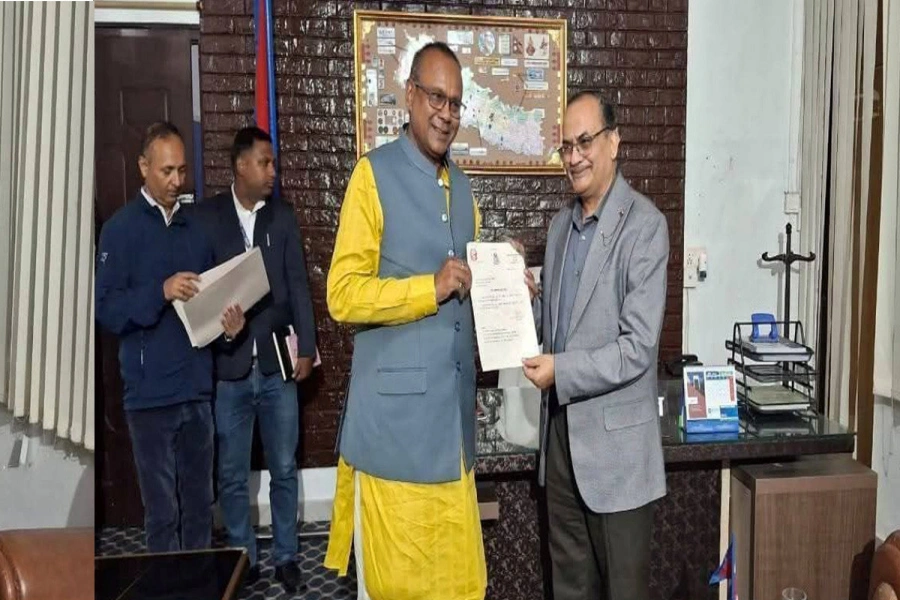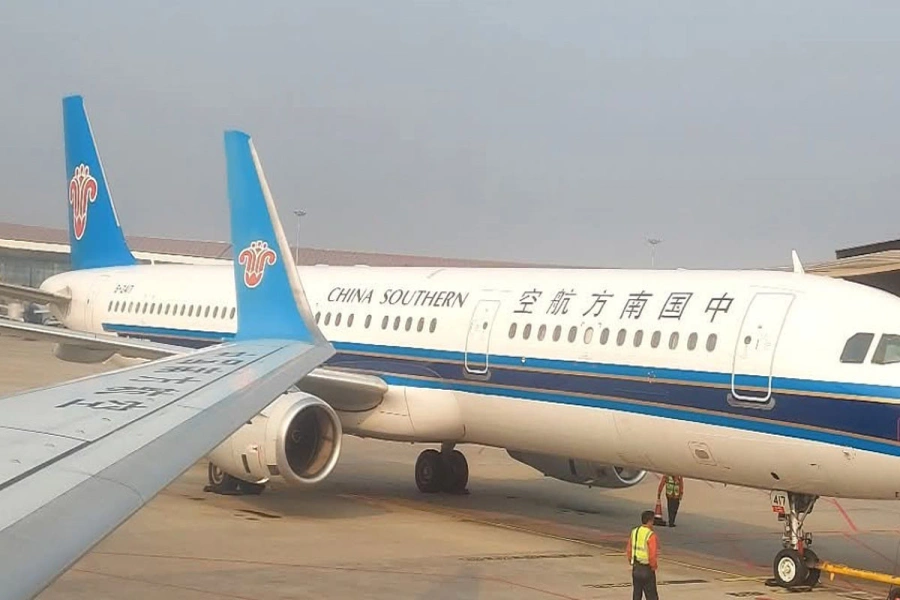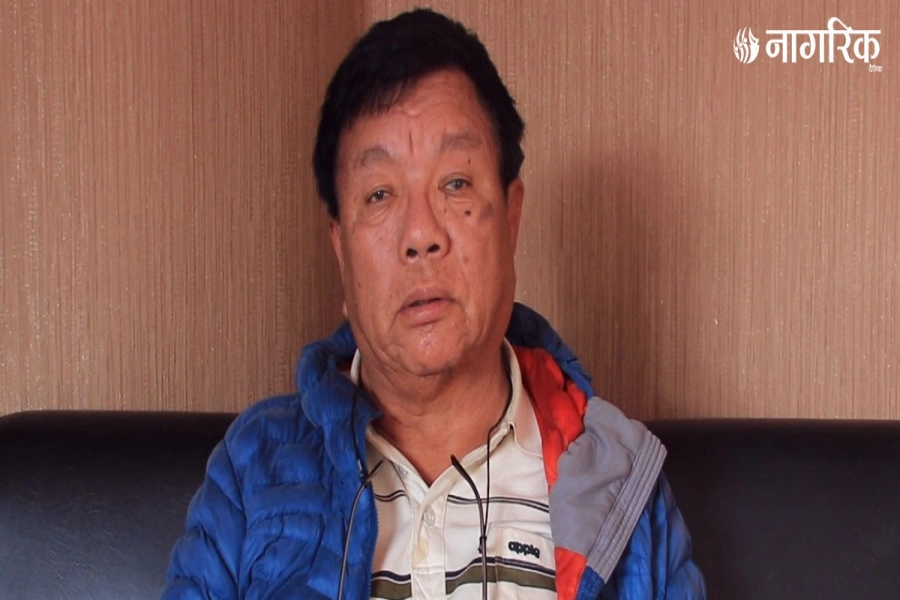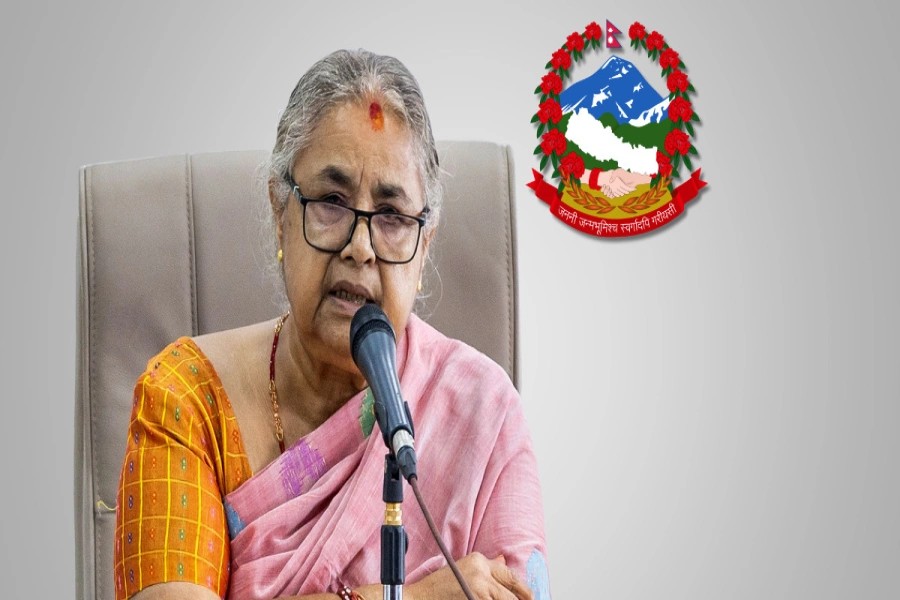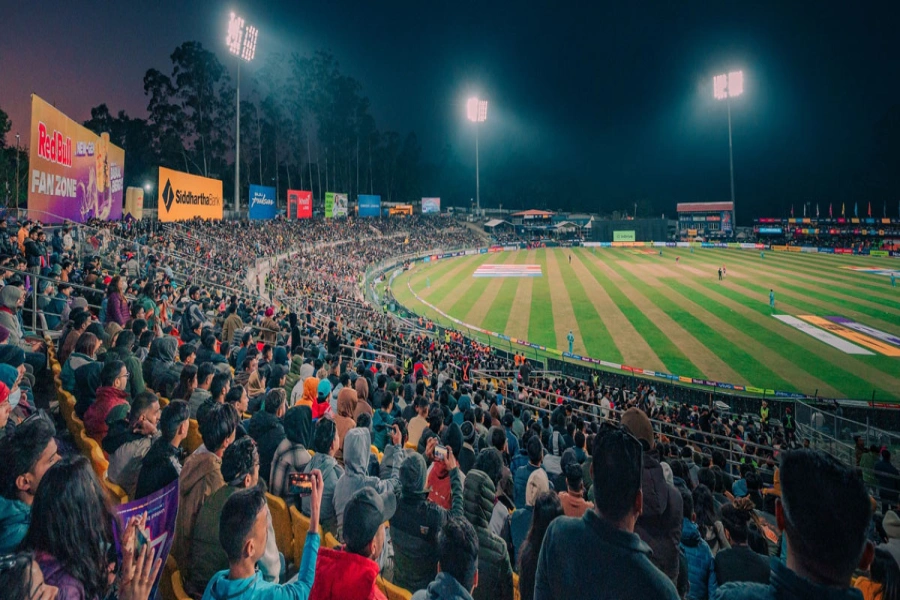KATHMANDU, April 17: Nepal Electricity Authority (NEA) is under pressure to manage electricity supply due to a massive fall in production of hydropower plants, low import from India and an increase in demand for electricity.
The NEA records show that it has been facing a shortfall of 3,051 MWh of electricity to meet the total electricity demand in the country. On Tuesday, the state-owned power utility registered the total demand at 38,619 MWh, but the supply was only 35,568 MWh.
Out of the total supply, 7,322 MWh is supplied by the NEA-invested power plants, while the production from its subsidiary companies accounts for 2,864 MWh. The private sector has been supplying 12,487 MWh.
NEA struggles to manage electricity supply with decline in dome...

Citing the inadequate production from domestic plants, the NEA has been importing 12,895 MWh of electricity from India on a daily basis. Despite the effort to mitigate the gap between the demand and supply of electricity, the country is still facing the shortfall of more than 3,000 MWh of electricity.
The total installed capacity of domestic power plants is around 3,300 MW. As most of the power plants are of run-of-river type, their production volume shrinks largely during the dry season.
According to the NEA, the actual production of hydropower projects has dropped to less than a half of their capacities at present. On the other hand, the peak hour demand has surged to 1,906 MW, as per the record registered on Tuesday.
An official at the NEA said the authority is facing problems also due to the inadequate electricity being supplied from India. “Currently Nepal is importing around 554 MW of electricity from India, which is less than what Nepal has wished to purchase,” said the source.
After putting on hold the renewal of bilateral medium-term agreement on cross-border electricity trade, India two weeks ago agreed to extend the agreement just for additional three months. Although Nepal requested to provide 650 MW of electricity to manage the domestic demand, India has agreed to sell only 554 MW.
Out of the total electricity, Nepal is importing 500 MW of electricity through the Dhalkebar-Muzaffarpur transmission line and an additional 54 MW via the Tanakpur-based transmission line. Apart from supplying inadequate electricity to Nepal, India has decided to provide electricity only during the day time. This has led the NEA facing problems in meeting the domestic demand for electricity during peak hours.
Due to inadequate supply, the NEA has been unable to provide sufficient electricity to manufacturing and production businesses. The power utility has even been criticized for imposing unannounced load shedding in manufacturing industries.



